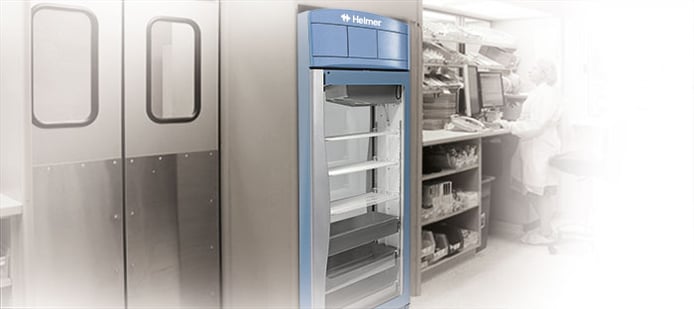
Hazardous drugs (HDs) are drugs that pose a potential health risk to healthcare workers involved in handling them. These drugs require special storage and handling due to their inherent toxicities.
According to the general chapter USP Hazardous Drugs in Healthcare Settings a hazardous drug (HD) is defined as any drug identified as hazardous or potentially hazardous on the basis of at least one of the following criteria:
- Carcinogenicity
- Teratogenicity or development toxicity
- Reproductive toxicity in humans
- Organ toxicity at low doses in humans or animals
- Genotoxicity
- New drugs that mimic existing HDs in structure or toxicity
For example, HDs include drugs used for cancer chemotherapy, antiviral drugs, hormones, some bioengineered drugs, and other miscellaneous drugs that have negative side effects upon unintentional exposure. In addition to using the list of HDs provided by NIOSH, each healthcare organization should create its own list of HDs which require proper storage and handling.
There are many potential routes of exposure to HDs. Routes of unintentional entry include dermal and mucosal absorption, inhalation, injection, and ingestion. This exposure could happen during dispensing, compounding, administering, caring for patients, cleaning up spills, or transporting HDs within a healthcare setting. USP Hazardous Drugs in Healthcare Settings describes in great detail the practice and quality standards for handling HDs to promote patient safety, worker safety, and environmental protection.
In order to further promote safety, USP requires dedicated storage for HDs, meaning refrigerated HDs must be stored in their own refrigerator. This refrigerator must be housed in a negative pressure area with at least 12 air changes per hour (ACPH). This may be a storage room, buffer room, or containment segregated compounding area (C-SCA). If the refrigerator is placed in a negative pressure buffer room, an exhaust located adjacent to the refrigerator’s compressor and behind the refrigerator should be considered (1). As these requirements are created to protect the patient, healthcare personnel, and the environment, it is more important than ever to have confidence in your pharmacy refrigerator.
Helmer Scientific offers quality pharmacy refrigerators and freezers that help support USP requirements. Visit www.helmerinc.com/HDstorage to learn more.
References:
(1) USP Hazardous Drugs in Healthcare Settings. N.p.: n.p., n.d. PDF.



